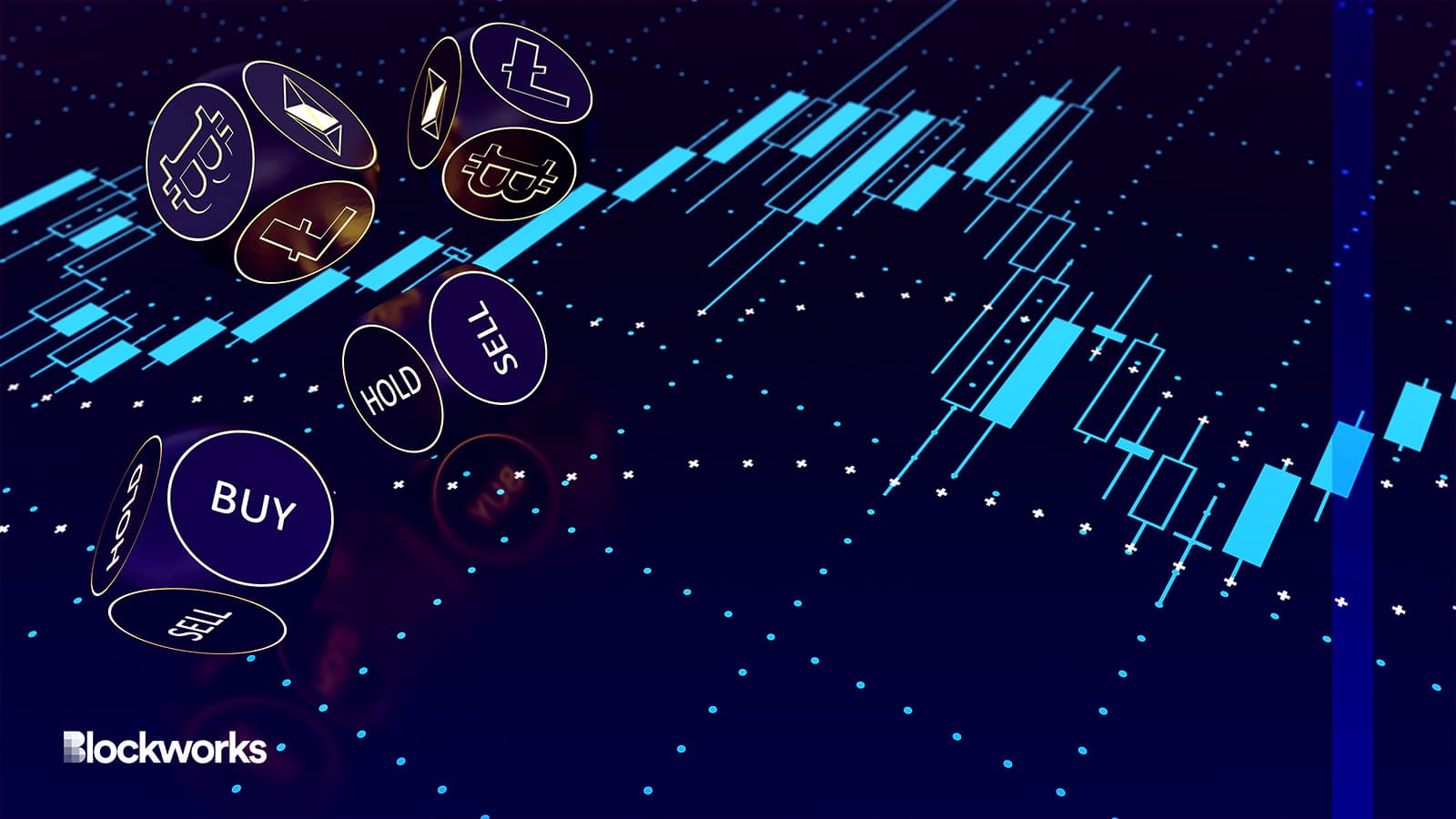MicroStrategy Opts For Bitcoin Wash Trading Loophole, Tax-Harvesting
MicroStrategy sold 704 bitcoins before re-purchasing 810 btc two days later

OwlyOwl/Shutterstock modified by Blockworks
As the deadline for tax-loss harvesting looms, MicroStrategy offloaded more than 700 bitcoins last week, selling the tokens at a loss with the expectation of lowering its tax bill in the future, according to an SEC filing Wednesday.
The business intelligence company, co-founded by famed bitcoin whale Michael Saylor, sold approximately 704 bitcoins on Dec. 22, 2022 for around $11.8 million, the filing said. With fees and expenses, MicroStrategy ended up receiving about $16,700 per bitcoin.
Two days later, the company recuperated its bitcoin holdings by purchasing 810 BTC for around $16,800 per token.
“MicroStrategy plans to carry back the capital losses resulting from this transaction against previous capital gains, to the extent such carrybacks are available under the federal income tax laws currently in effect, which may generate a tax benefit,” the filing read.
Tax-loss harvesting, a strategy when a trader or business sells underperforming assets to realize a loss and potentially offset gains, has to be completed by the end of the calendar year.
Traders and corporations are prohibited by the Internal Revenue Service from selling a security for a loss and then repurchasing the same asset for a “substantially identical” price within 30 days, but as of now, the rule does not apply to cryptocurrency trades, according to accountants from crypto firm TokenTax.
“Because crypto is not a security, there is no crypto-specific wash sale rule,” Tynisa Gaines, project manager at TokenTax, said. “However, legislators are actively working to close this loophole.”
If the IRS deems a series of transactions a wash trade, the investor or company will not be able to claim the loss on taxes now or in the future.
In June, MicroStrategy purchased 480 bitcoins for around $10 million at an average price of close to $20,800 per token. As of Wednesday morning in New York, bitcoin was trading close to $16,600, down about 18% over the past six months and 65% in 2022.
MicroStrategy’s stock was trading about 2% lower Wednesday after the filing was released. Shares are down more than 70% in 2022.
Saylor is still averaging down his company’s bitcoin stash, announcing a further purchase of around 2,500 bitcoins on Wednesday morning via Twitter. By his accounting, in total, MicroStrategy “holds ~132,500 bitcoin acquired for ~$4.03 billion at an average price of ~$30,397 per bitcoin.”
MicroStrategy bonds, set to mature in 2028, also slumped on Wednesday to 76 cents on the dollar. The software company’s 2027 bonds trade at around 37 cents on the dollar and come with a 28% yield. If MicroStrategy survives until its bonds’ maturity dates and pay the debt in full, investors will pocket a gain.
Get the news in your inbox. Explore Blockworks newsletters:
- The Breakdown: Decoding crypto and the markets. Daily.
- 0xResearch: Alpha in your inbox. Think like an analyst.






